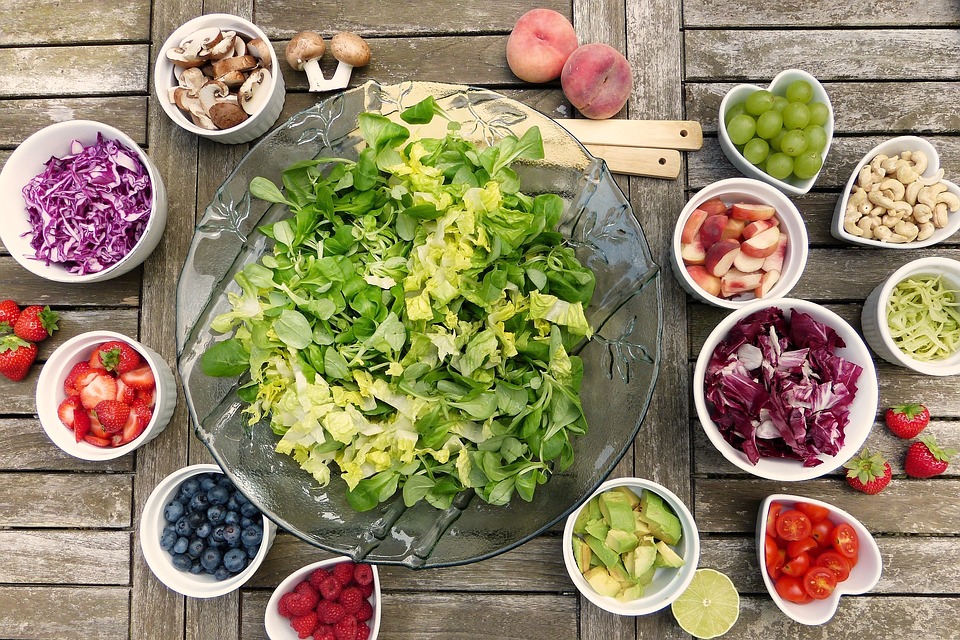Note that your final mark will not be saved in the system.
Diet and nutrition Typeit
Type the correct answers into the spaces. Fill all the spaces before clicking ‘Check Answers!’

Energy is most commonly measured measured in (kcal), and is found in the food we eat. A balanced diet consists of an appropriate amount and variety of each (carbohydrate, fats and proteins) and each (vitamins, minerals and dietary fibre). Water is often considered to belong in the latter category, but is an essential nutrient which is needed daily for the healthy functioning of the human body. Each component should make up an energy intake of 2,500 kcal per day for the average male and 2,000 kcal per day for the average female. It is important to know the components that make up a balanced diet. Let's explore them in further detail below.
Macronutrients are nutrients we need in large quantities to give us energy. Carbohydrates can be simple or complex. carbohydrates (e.g. in fruit and sweets) can be used for a release of energy during high-intensity exercise such as sprinting, and carbohydrates (e.g. in pasta, rice and potatoes) can be used for a release of energy in more endurance-based activities such as open-water swimming. Fats also have a role as a major energy source for low-intensity exercise and can be split into saturated and unsaturated. or 'bad' fats (e.g. in meat and dairy products) can lead to obesity if eaten in excess, whereas or 'good' fats (e.g. oils and omega-3 in fish) can help reduce the risk of high cholesterol. The final macronutrient, , is made up of chains of amino acids. These promote the increase and maintenance of muscle mass as well as recovery, and are consumed in greater amounts by athletes who undergo resistance exercise (e.g. bodybuilders).
We also need micronutrients. These are nutrients that are needed in smaller amounts, and include vitamins and minerals. support the system, which fights infection and disease, but also facilitate the absorption and metabolism of other foods and supplements. They consist of water-soluble (B and C) and fat-soluble (A, D, E and K) groups. perform numerous roles, e.g. calcium for bone growth and strength, sodium and potassium for muscle contraction, and iron for oxygen transport in the blood.
Other important nutrients required as part of a healthy balanced diet include fibre and water. Fibre aids of foods and facilitates bowel movements, and can also reduce the risk of developing some diseases (e.g. coronary heart disease). Water maintains , which supports the healthy functioning of organs in the body.